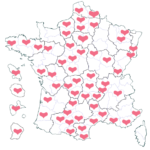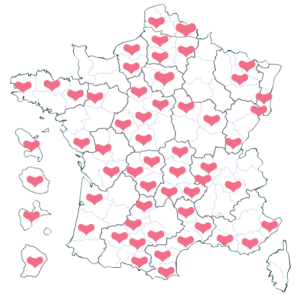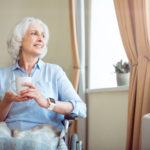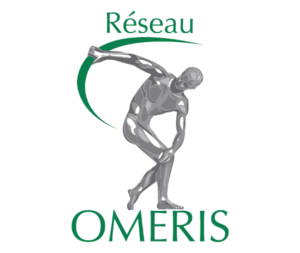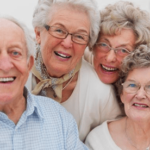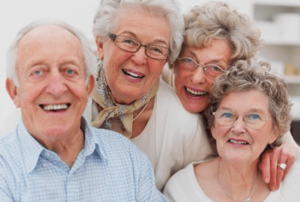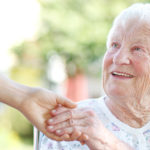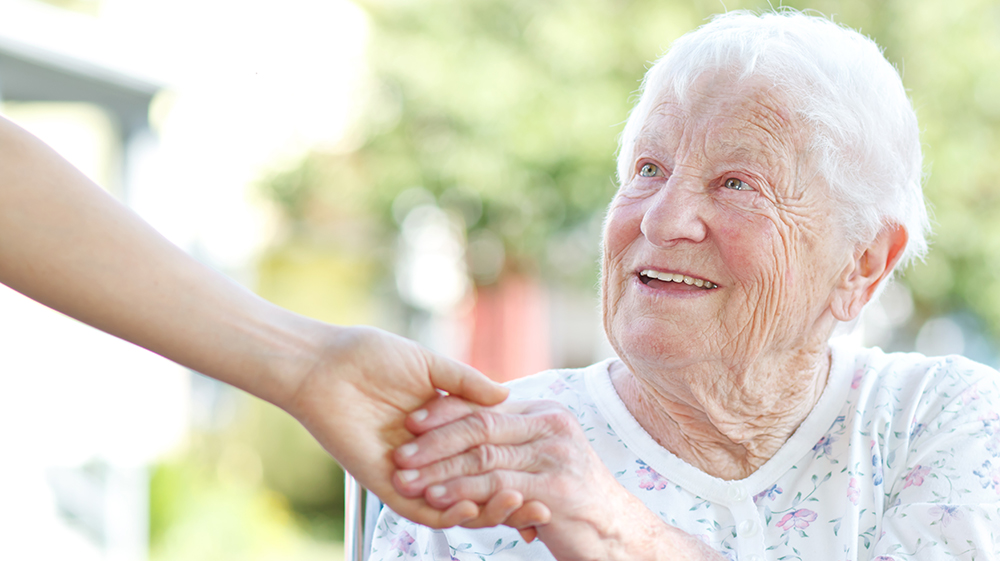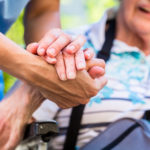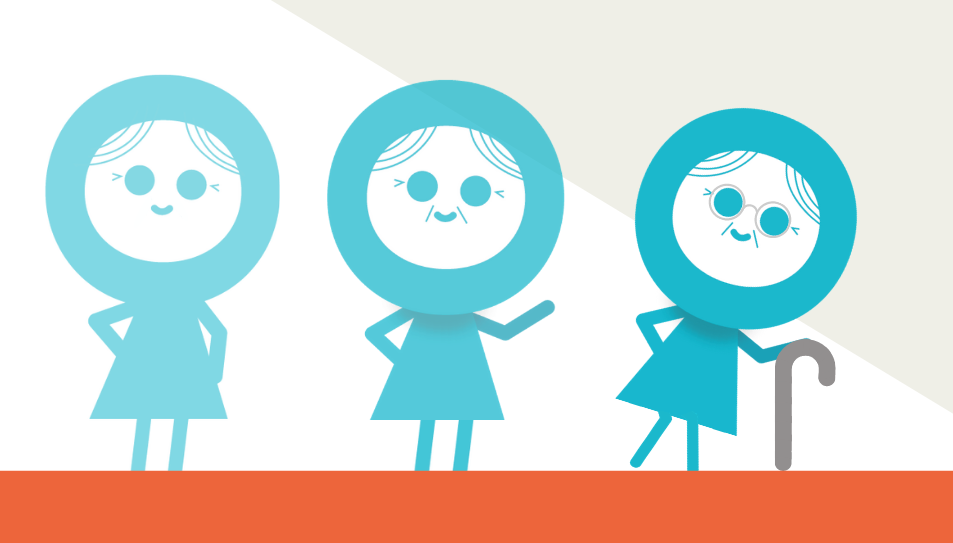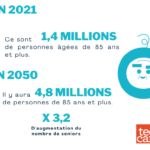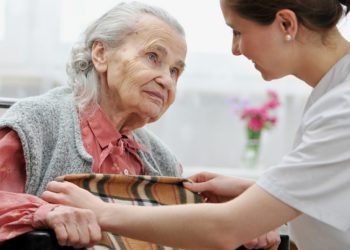Just over a year ago, we were pleased to reach the symbolic figure of 100 sites equipped with Telegrafik solutions. Today, the number has doubled. In concrete terms, this means around 1,000 falls detected each month, 80,000 alerts sent each year, and nearly 500 professionals who log in to the Telegrafik extranet every day.
Thanks to connected solutions, it is now possible to offer home care to beneficiaries with reduced autonomy who would otherwise have to be institutionalized. With connected solutions, EHPAD staff are instantly informed of any falls or abnormal activity without intruding on residents’ privacy.
These technologies do not replace human care, but instead enable higher quality care with less stress and more compassion. Compassion is the DNA of the Telegrafik team, serving beneficiaries and their caregivers. So today, we are very proud of this figure of 200 equipped sites.


